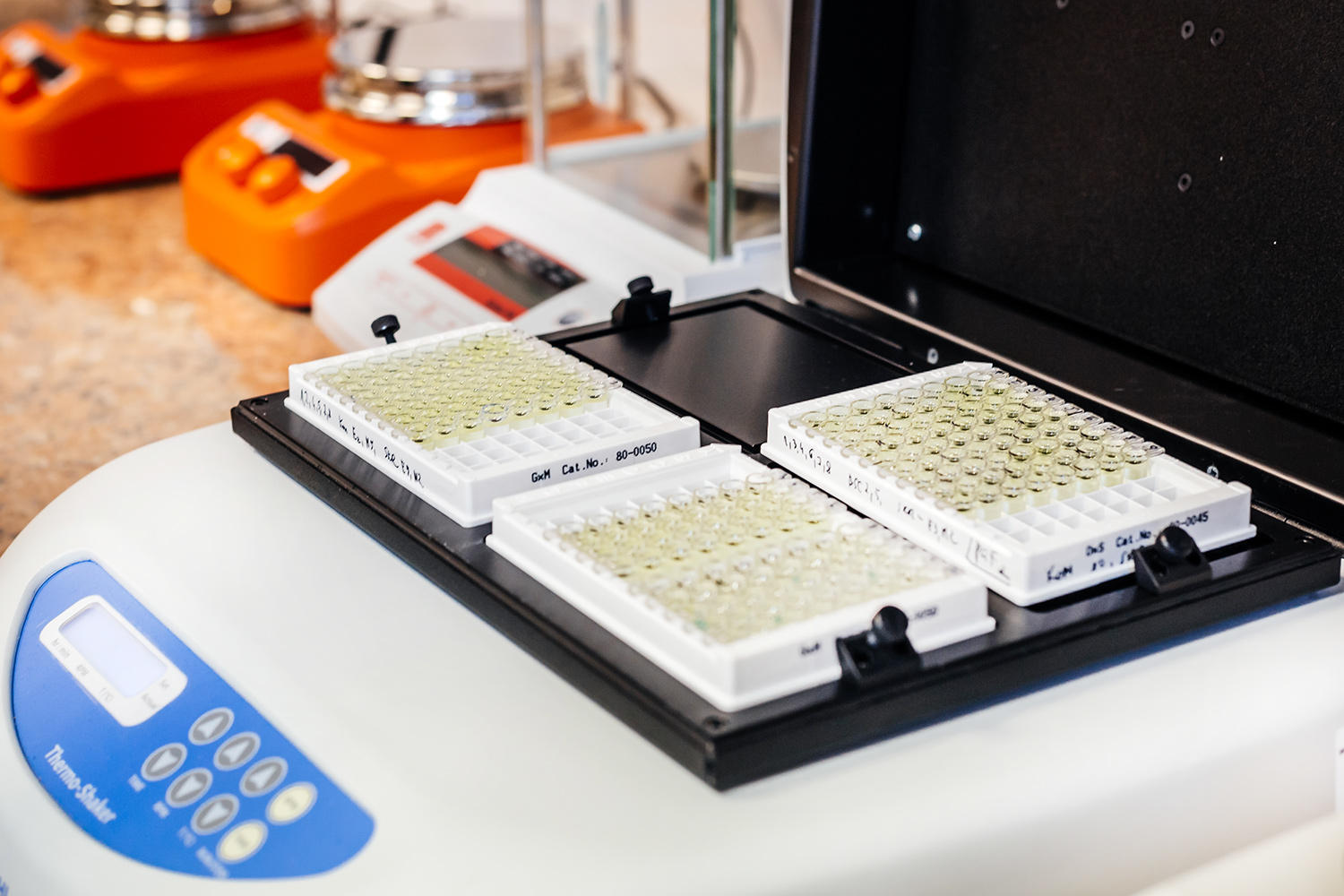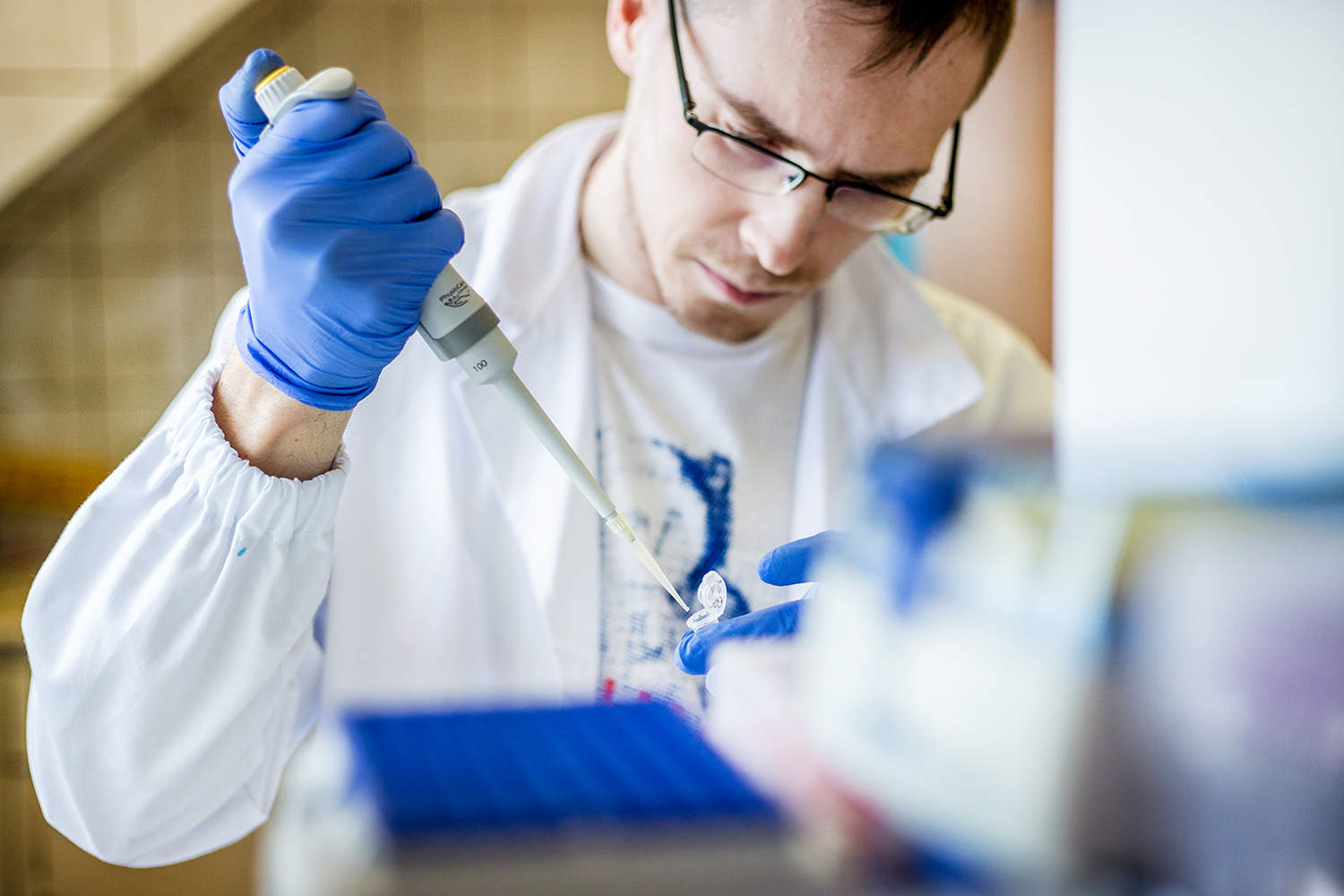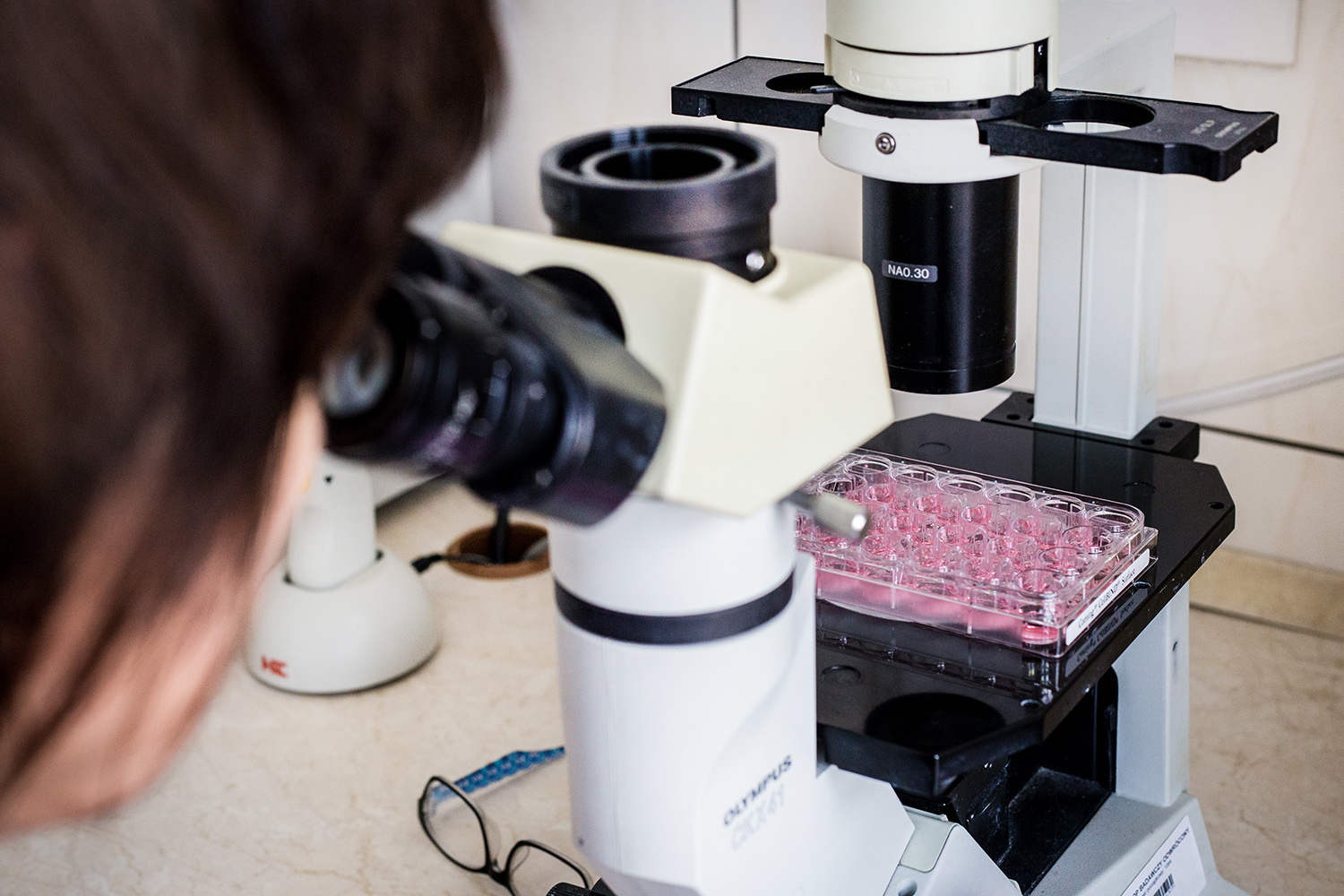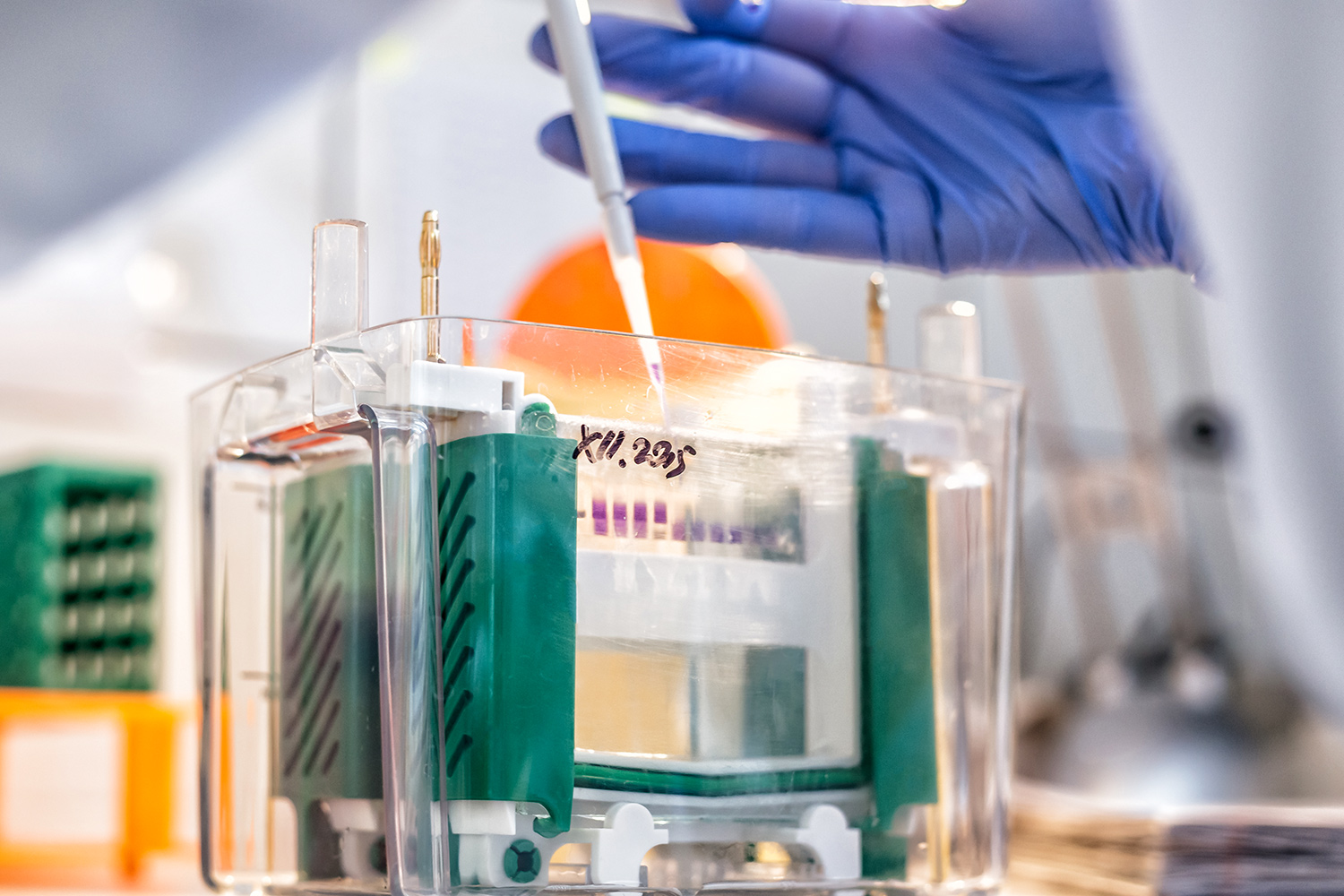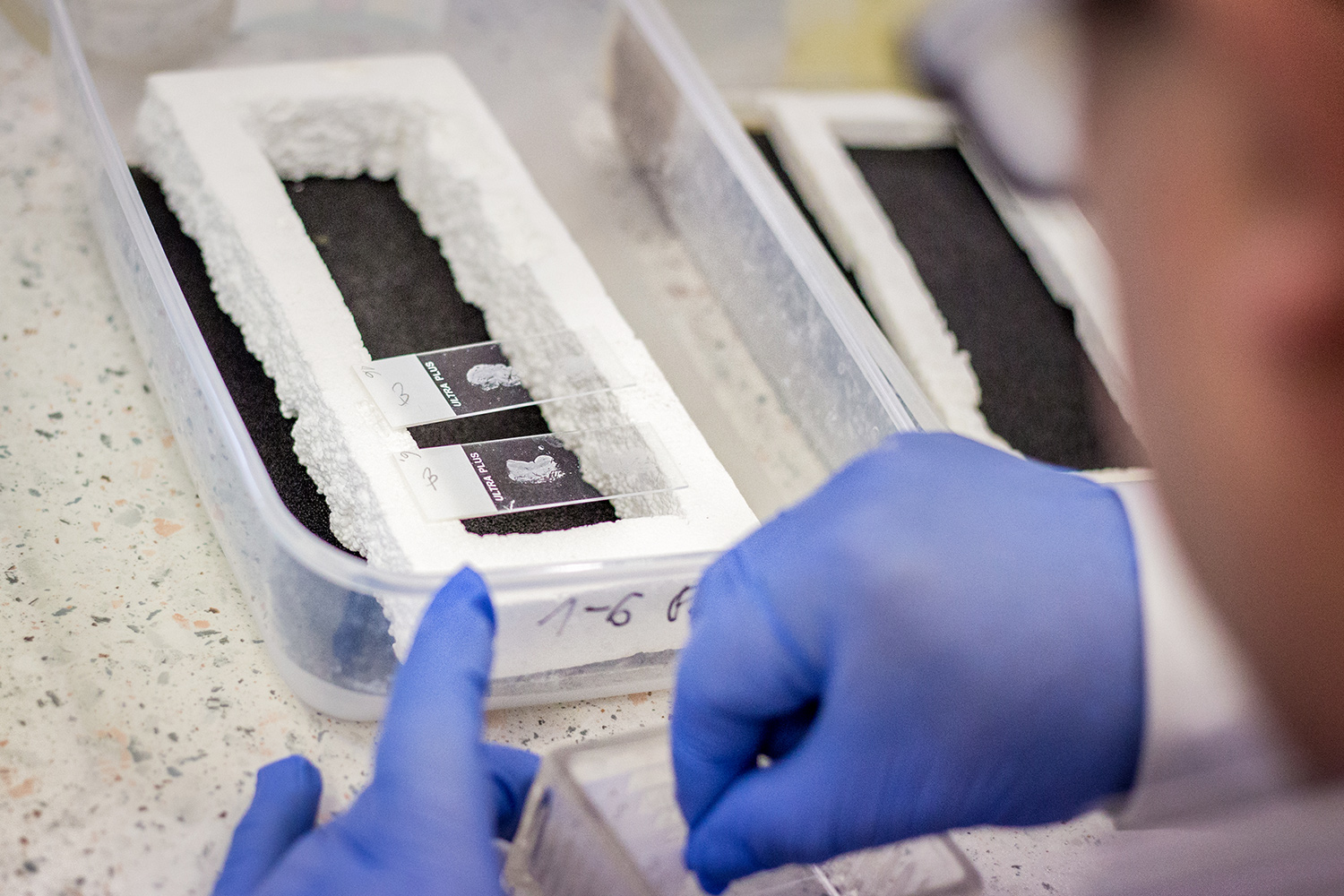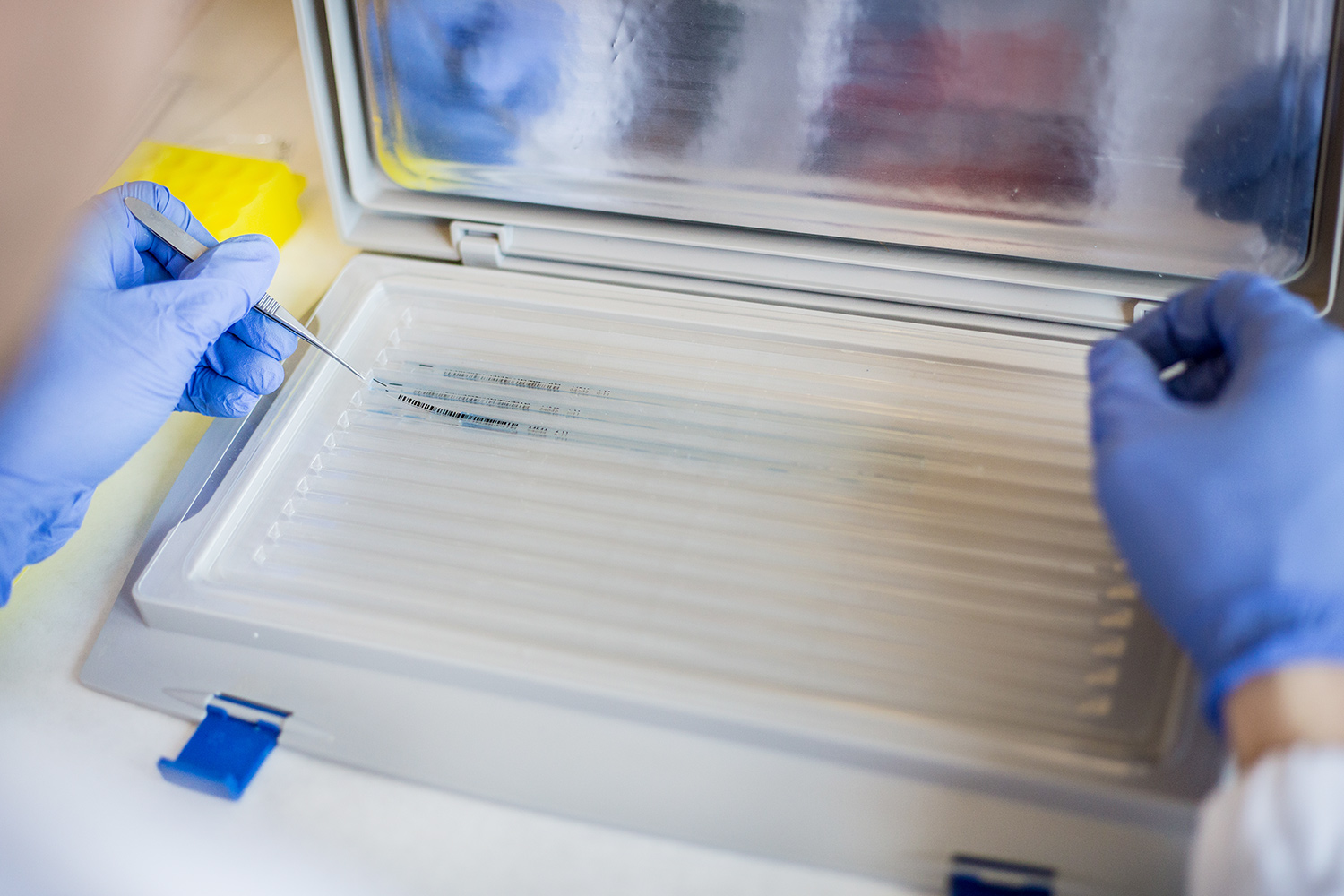Our research focuses on reproductive pathology and the immuno-endocrine regulation of the reproductive system and mammary gland. The results of these studies contribute to the development of new biotechnologies that support the fertility of domestic animals (horse, cow, pig) and humans.
We are interested in understanding the immuno-endocrine mechanisms that regulate the ovarian cycle and the development and progression of pregnancy in both physiological and pathological conditions. We study the processes and factors involved in oocyte maturation and embryo development. Recently, our group has started research on the involvement of changes in membrane potential and its effect on the early stages of embryogenesis.
We are searching – at the transcriptome, proteome, and metabolome levels – new factors involved in the remodeling of the uterine endometrium during the ovarian cycle and pregnancy, as well as in the formation, function, and regression of the corpus luteum. We examine the involvement of the immune system and role of innervations and neuromediators in the pathogenesis of ovarian, uterine and mammary gland disorders. We also explore the etiopathogenesis of embryo mortality, analyzing pathomechanisms at both the molecular and cellular levels.
Our analyses are based on analysis of receptor-ligand interactions, mechanisms of action of hormones, cytokines, neurotransmitters, and other bioactive substances on cellular and organ function.
In addition to the basic research, we are also conducting applied research to develop new strategies for preventing infertility in animals and humans. We are developing innovative biotechnological procedures, such as oocyte and ovarian tissue cryopreservation techniques.
Furthermore, we are seeking new diagnostic and therapeutic solutions for diseases of the reproductive system and mammary gland, based on novel biomarkers and drug targets. We are particularly interested in alternative methods to antibiotics for treating inflammatory conditions of the uterus and mammary gland.
